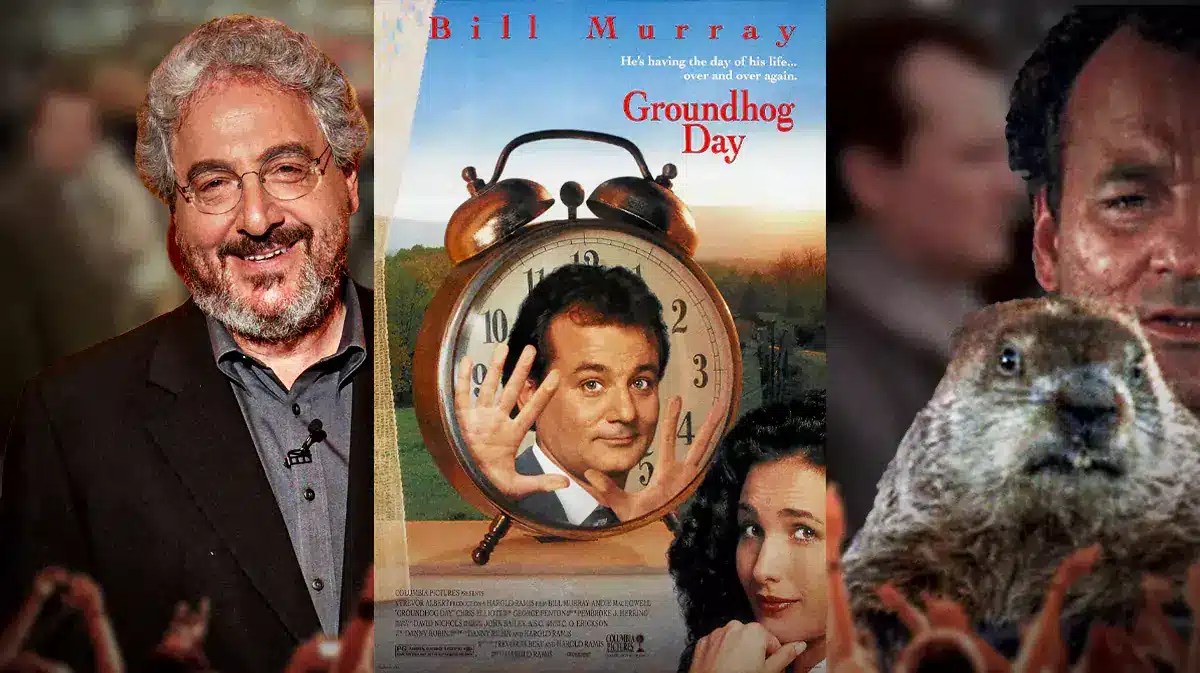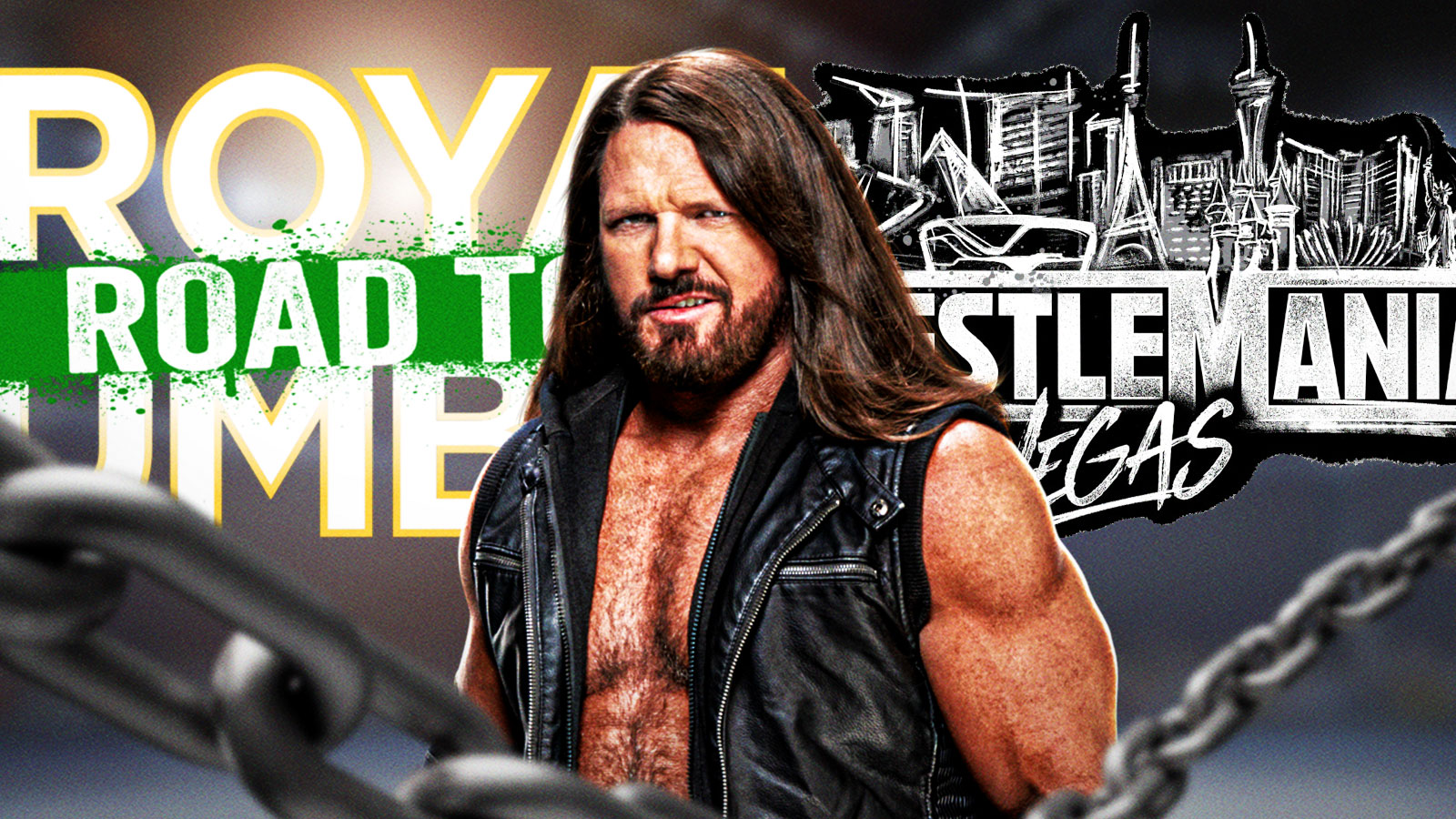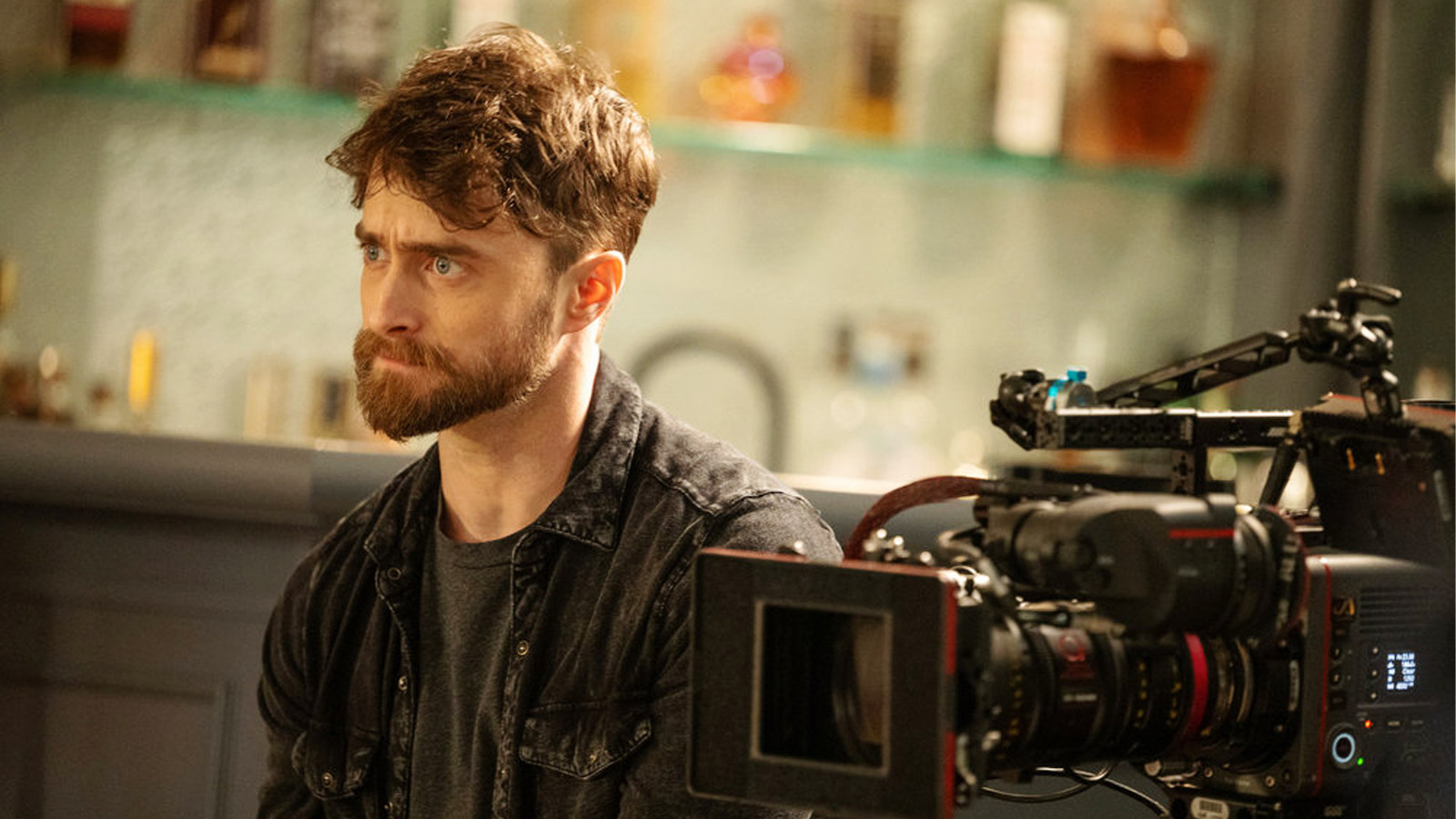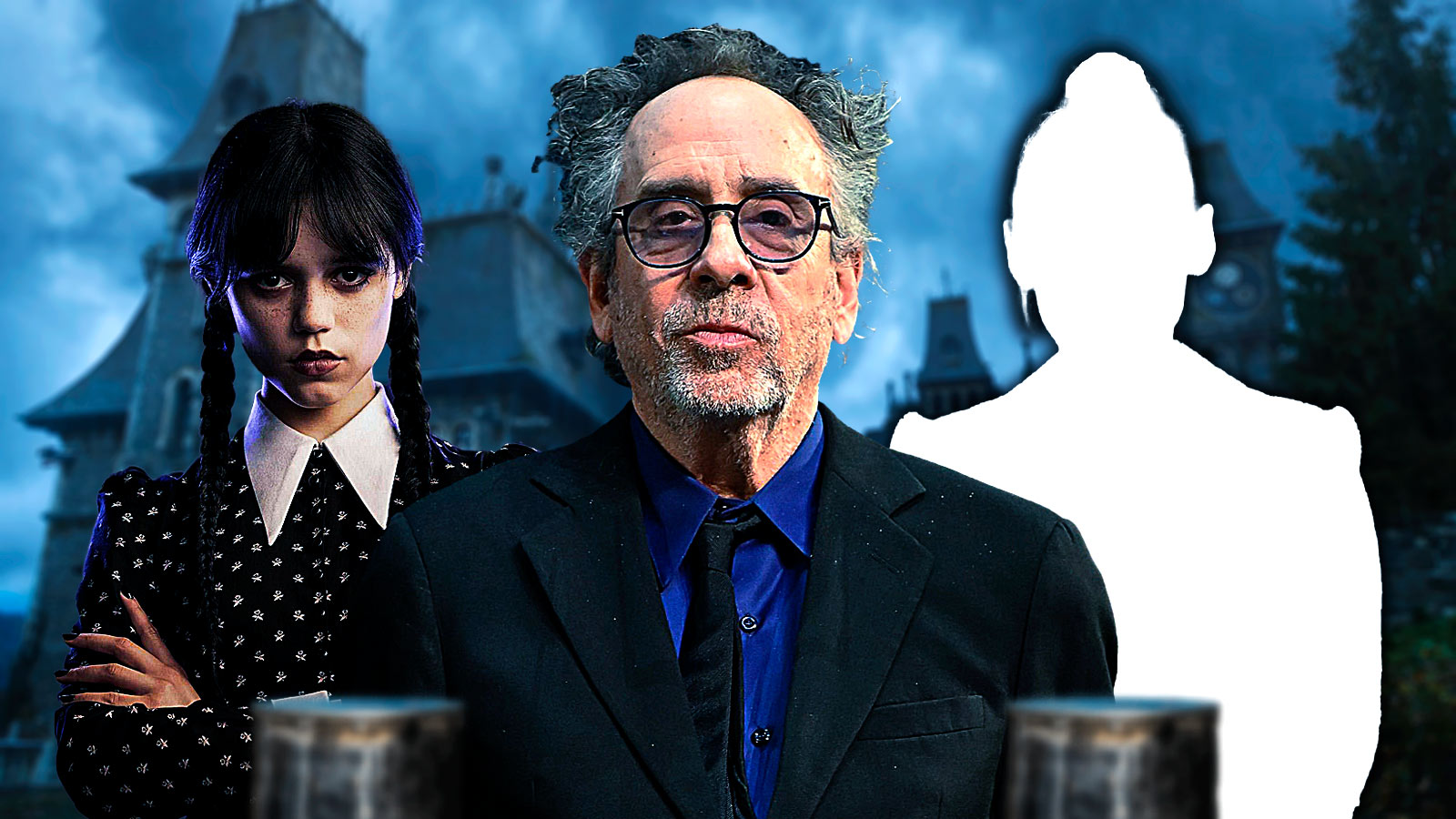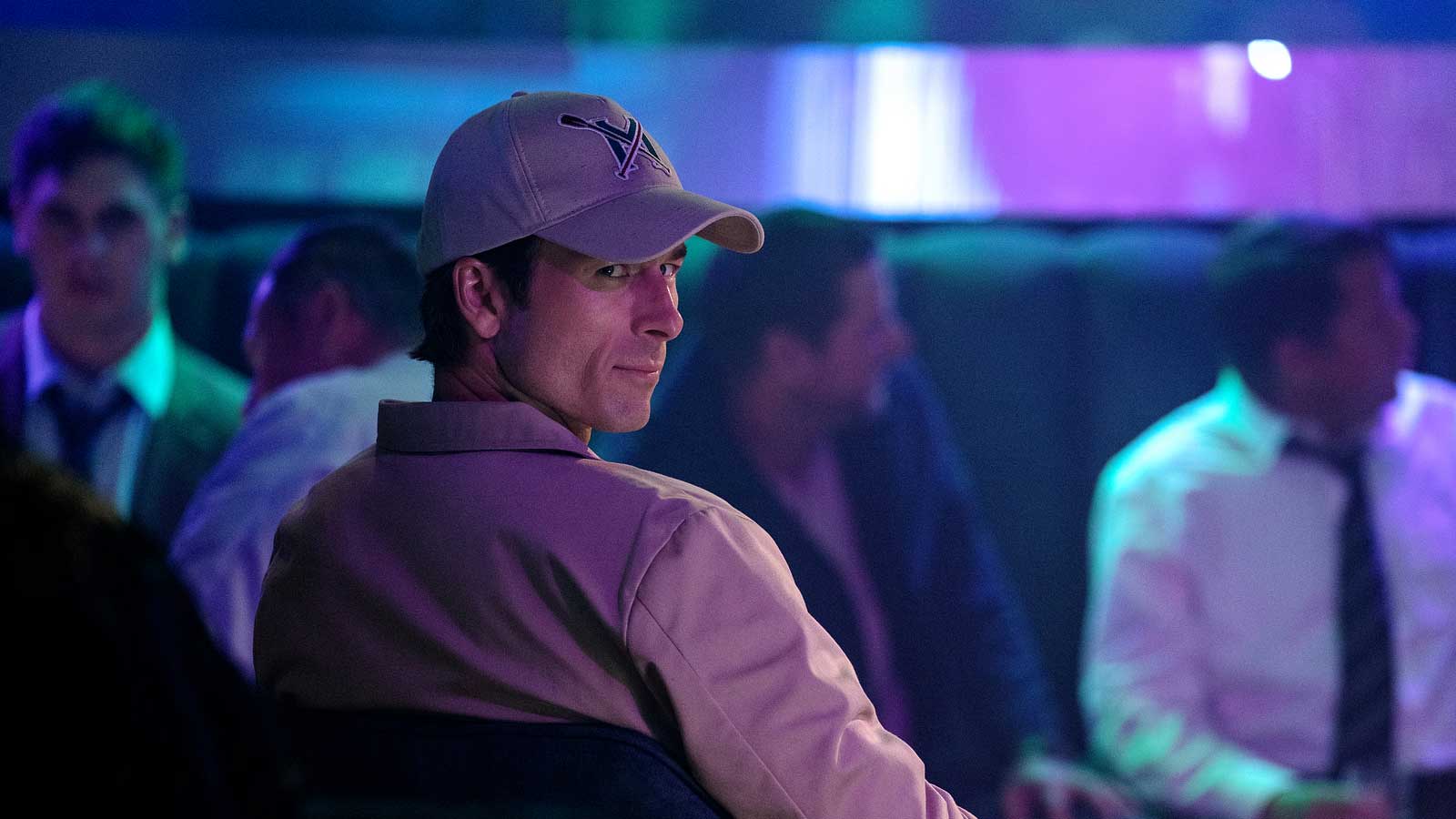In our fractured modern world of ever-evolving values and cancel culture, there are few things we can look at from 30 years ago that still stand the test of time, yet like a fine wine, Groundhog Day somehow seems to only get better with age.
Every February 2nd, articles invariably come out urging viewers to rewatch the 1993 romantic comedy classic, but that's not doing the film the justice it deserves — Harold Ramis' magnum opus starring Bill Murray and Andy MacDowell shouldn't be associated with any one date, because it is a timeless masterpiece.
It deserves its own category separate from holiday-themed go-to film — it has so much to teach year-round, and across historical eras.
Groundhog Day didn't invent the idea of being trapped in a single, repeating moment in space and time and the existential angst that comes with that (Franz Kafka probably gets credit for that distinction in The Metamorphosis), but the film elevated the time-loop genre to new heights and has been replicated many, many times since — in Russian Doll, 50 First Dates, Palm Springs, The Map of Tiny Perfect Things, Looper, Before I Fall, Happy Death Day, Edge of Tomorrow, and Two Distant Strangers to name a few of its successors (more can be found in this excellent list compilation on Collider).
During the early stages of the pandemic, Groundhog Day was mentioned again and again as a film to rewatch for its relatability at a time when we all felt like we were endlessly repeating the same day.
With all the focus levied on the film through that lens, it was almost overlooked how much Groundhog Day had to say about another modern era we still find ourselves living in — the age of cancel culture.
Bill Murray's local weatherman Phil Connors is surely someone who would be cancelled today. He bullied colleagues, sexually harassed co-workers, belittled small town Americans, engaged in animal cruelty, got a DUI, and exhibited homophobia and elitism — to name just a few of his heinous transgressions.
But was it not a more fitting punishment to be endlessly forced to confront those misdeeds, over and over, until evolving as a human being and learning how not to repeat them? Isn't that preferable to being cancelled and artificially forgotten about, simply ignored for the rest of time?
Doesn't cancellation just give the culprit grounds to continue with their misconduct as long as its outside of the public spotlight?
Donald Trump famously boasted during the 2016 election season that “I could stand in the middle of 5th Avenue and shoot somebody and I wouldn’t lose voters.” That sadly may be true, and echoes Phil Connor's pre-enlightenment selfish mantra of “I can do whatever I want”.
But wouldn't it be nice to think that if Donald Trump was somehow forced to repeat the same day over and over again, over the course of many thousands, or millions — or probably in his case, billions or trillions — of days that maybe, just maybe, he could grow some semblance of a heart. (Although if his supporters really would stand by him after committing murder, maybe they're the ones who would benefit more from a Groundhog Day situation).
Of course we can't force anyone into an actual time loop, but prison sure feels like a pretty good start! And we can do ourselves a favor and watch Groundhog Day, again and again, multiple times a year, as a source of wisdom for the current cancel culture in which we find ourselves living, and likely for all succeeding cultural revolutions as well.

